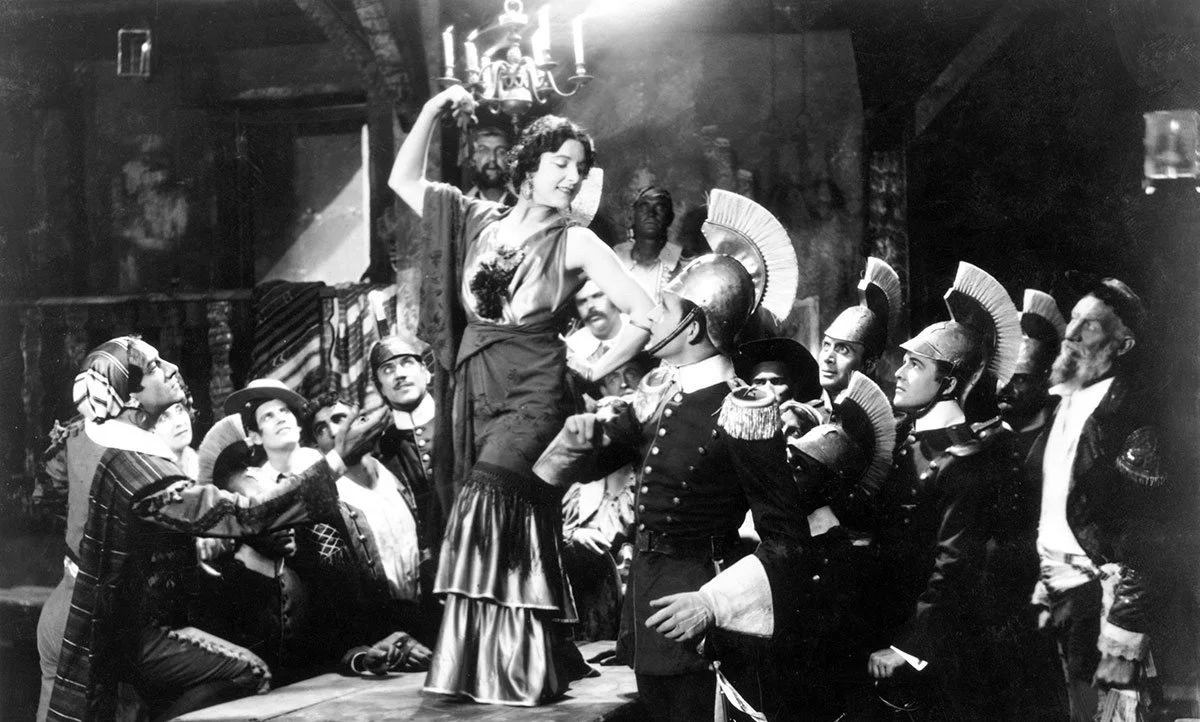The Very First Opera
…and a funny intro…
What would the world be like without opera?
It can all be traced to a lesser-known composer, Jacopo Peri, who invented the genre back in 1597.
Born August 20, 1561, Peri was an Italian composer and singer during the transitional period between the Renaissance and Baroque periods, and is often called the inventor of opera.
Dafne is the earliest known work that, by modern standards, could be considered an opera. It was first performed during Carnival of 1598 at the Palazzo Corsi.
It’s the story of Apollo falling in love with the eponymous nymph, Daphne. Peri wrote the opera for an elite circle of humanists in Florence, the Florentine Camerata.
Most of Peri's Dafne music has been lost, despite its popularity in Europe, but the libretto was published and survives. Florence's ruling Medici family was sufficiently taken with Dafne to allow Peri's next work, Euridice, to be performed as part of Marie de' Medici and Henry IV's wedding celebrations in 1600. Listen to the interesting Euridice prologue…
Peri introduced further operas, often collaborating with other composers and wrote a number of other pieces for various court entertainments. His influence on later composers, however, was impressive; this new ‘opera’ style quickly spread throughout Italy and Europe, and would retain its importance for more than three hundred years. In creating the music for Euridice, Peri envisioned a vocal style that is half-sung and half-spoken. The work established in opera the dual resource of aria and recitative, and it explores the use of solo, ensemble and choral singing. With Euridice, Jacopo Peri managed to establish sound principles for operatic composition.
He died on August 12, 1633 in Florence at age 71.






